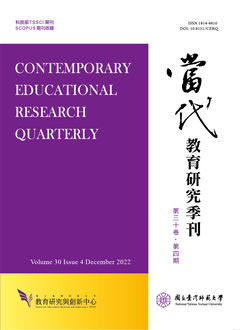

The increasing availability of longitudinal panel datasets in Taiwan, such as the Taiwan Youth Project and the Panel Study of Family Dynamics, provides researchers with the tools to explore complex questions about human development using advanced longitudinal methods. One such statistical approach is Latent Growth Curve Modeling (LGCM), a technique rooted in Structural Equation Modeling that allows for the modeling of initial status and rates of change over time while considering inter-individual differences in trajectories. In this study, we examine recent research titled "Developmental Trajectory of Depressive Symptoms from Adolescence to Early Adulthood," which employed LGCM to investigate the influence of parenting styles and self-esteem on depressive symptom development among Taiwanese adolescents. We pro-vide essential knowledge of LGCM, including its capacity to integrate time-invariant and time-varying co-variates, its ability to specify linear and non-linear growth patterns, and its advanced variations such as piecewise and growth mixture models. This study highlights the potential of LGCM as a powerful analytical tool for leveraging Taiwan's rich longitudinal datasets. By introducing the methodology and its advanced variations, we aim to encourage researchers to utilize LGCM to explore developmental trajectories, contributing to a deeper understanding of individual growth patterns in the Taiwanese unique context.

本著作係採用創用 CC 姓名標示-非商業性 3.0 台灣 授權條款授權.
本刊國立台灣師範大學教育研究與創新中心
106台北市和平東路一段162號 | 電話: 02-7749-3670 | E-mail: cerecerq@gmail.com
教創中心 | 師大 | 電子報 | 線上投審系統
本刊由國家科學及技術委員會人文社會科學研究中心補助經費
© 2014 CERI-NTNU
